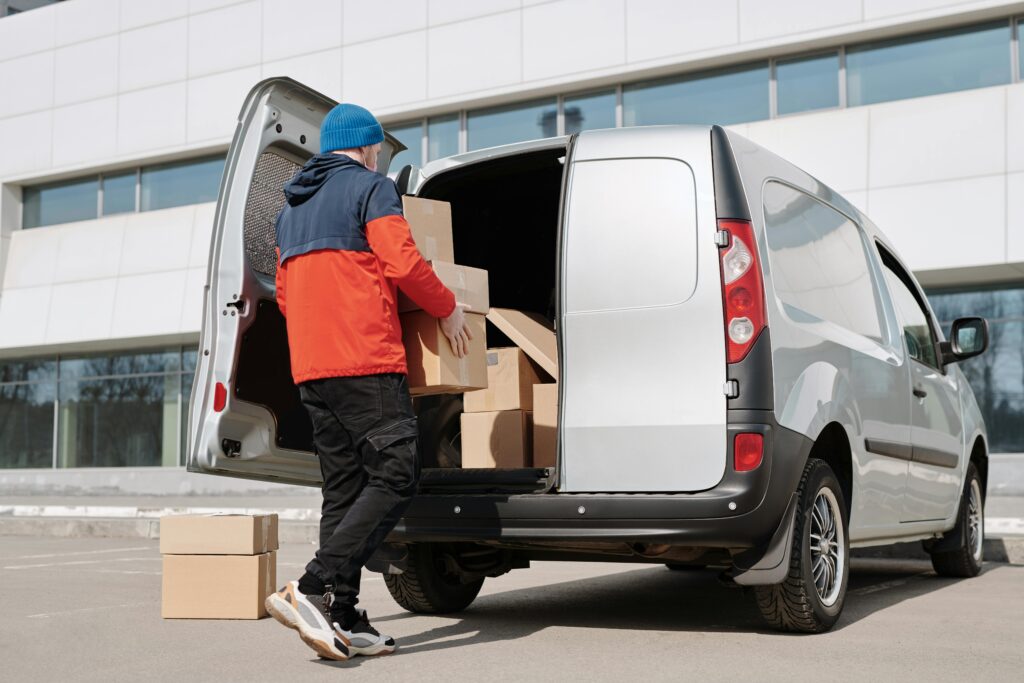If you’re a business owner, choosing between buying or leasing a van can feel like a big decision. In this guide, we break down the pros, cons, and tax advantages of buying or leasing a van, so you can make a choice that suits your business needs and budget.
What’s the Difference When Buying or Leasing a Van?
Buying a van means you pay upfront (or via a loan) and own the vehicle.
Leasing means you’re renting it—usually for 2 to 5 years—often with the option to hand it back or buy it at the end.
The Tax Benefits of Buying or Leasing a Van
If You Buy a Van:
– Annual Investment Allowance (AIA): Claim 100% of the van’s cost against taxable profits in the year you buy it.
– Running Costs: Fuel, insurance, MOT, repairs, etc., can be claimed as business expenses.
– VAT: If VAT registered and used 100% for business, VAT can usually be reclaimed.
If You Lease a Van:
– Monthly Payments: Deductible as a business expense.
– VAT on Lease Payments: Reclaim 50% of the VAT (or 100% if used solely for business).
– No Capital Allowances, but running costs may still be claimed.
Commercial Pros & Cons of Buying or Leasing a Van
Buying – Pros:
– Own the van outright eventually.
– Potentially more cost-effective long term.
– Can sell it when no longer needed.
Buying – Cons:
– Big upfront cost or loan.
– Responsible for maintenance and repairs.
– Van depreciates in value. (Check out our blog all about Fixed Assets & Depreciation here)
Leasing – Pros:
– Lower upfront cost.
– Easier to budget with fixed monthly payments.
– May include maintenance, fewer repair worries.
– Access to newer vehicles.
Leasing – Cons:
– No ownership.
– Mileage limits and damage charges.
– Could cost more overall if long-term.
Buying or Leasing a Van: An Example
– Buying a van for £20,000: Claim full AIA in year one = up to £20,000 off taxable profit.
– Leasing a van at £300/month (plus VAT): Claim £3,600 as a business expense over the year, reclaim up to 50% VAT (£360 if mixed use).
How to Decide: Buying or Leasing a Van
| Your Situation | Might suit buying | Might suit leasing |
| Want to keep long-term | ✅ | ❌ |
| Need to preserve cash flow | ❌ | ✅ |
| Like to upgrade vehicles regularly | ❌ | ✅ |
| Want full ownership and no mileage limits | ✅ | ❌ |
Final Thought
Whether you’re buying or leasing a van, make sure it’s genuinely needed for your business and mostly used for work. Keep clear records and receipts to support any tax claims.
If you’re still unsure, just drop us a message and we’ll help you work out the most tax-efficient route for your specific business.

